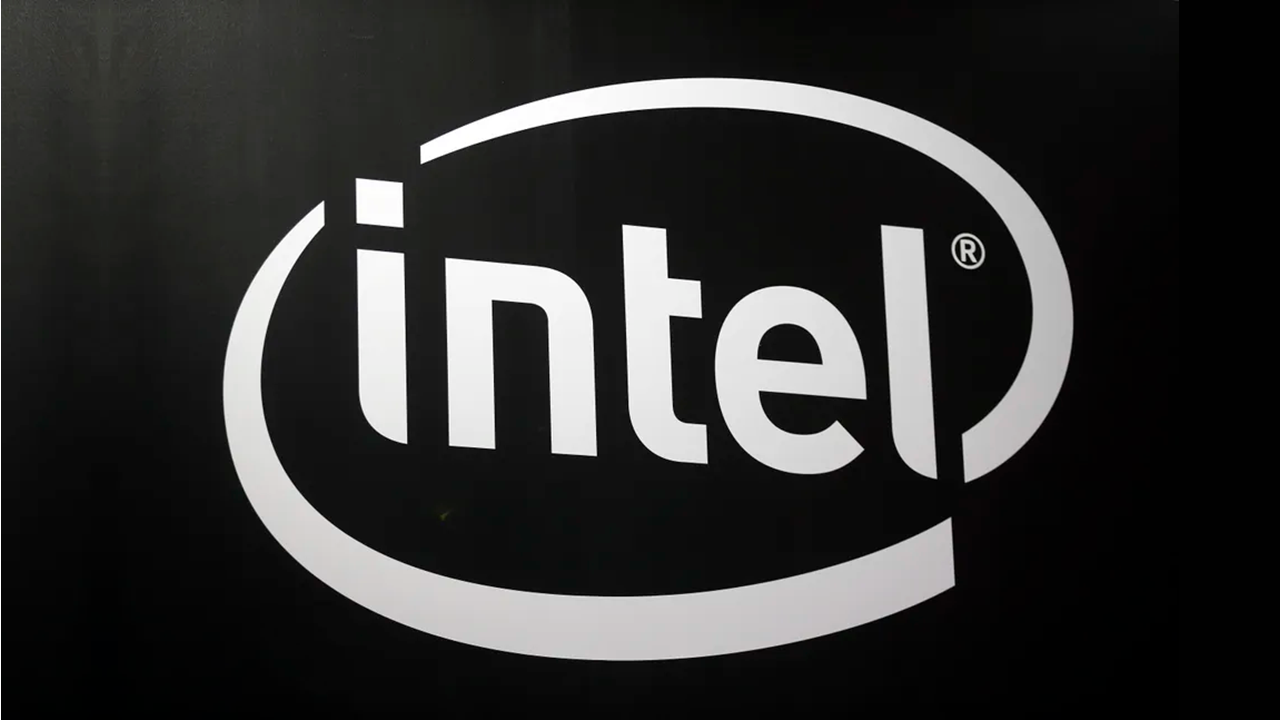Intel reportedly gave up a chance to buy a stake in OpenAI in 2017
Former CEO Bob Swan reportedly thought AI models wouldn't be big anytime soon.

Get Tom's Hardware's best news and in-depth reviews, straight to your inbox.
You are now subscribed
Your newsletter sign-up was successful
Unlike rivals like Nvidia and AMD, Intel hasn't made a massive splash in artificial intelligence products aside from some laptop chips with NPUs. According to a report from Reuters, things could have gone differently. In 2017 and 2018, Intel had an opportunity to buy a stake in OpenAI, which was then a tiny non-profit research firm.
The report, citing four people with knowledge of the situation, suggests that Intel and OpenAI discussed several different investment options, including purchasing a 15% stake in the company for $1 billion or taking a stake in OpenAI while selling hardware to the AI company "at cost price."
Former Intel CEO Bob Swan reportedly scuttled the deal because had didn't see AI models hitting the broad market anytime soon, which would mean that Intel wouldn't be repaid on its investment. OpenAI launched ChatGPT to massive acclaim in 2022. Additionally, the sources said that Intel's data center unit "did not want to make products at cost.
On OpenAI's side, teaming up with Intel would mean it wouldn't have been as dependent on Nvidia. Nvidia has since become the biggest name in AI hardware with its GPUs.
Microsoft poured billions into OpenAI in 2019, 2021, and 2023, turning the company into a big player on the AI stage. AMD, too, has become an AI company, though perhaps not on Nvidia's scale. AMD's data center business has boomed with the AMD Instinct MI300.
In its recent earnings, Intel's data center and AI Group (DCAI) reported reduced revenue and operating income. Still, its Xeon 6 'Sierra Forest' processor is in volume production, and Intel is set to start shipments for Xeon 6 'Granite Rapids' CPU. The company's Gaudi 3 AI accelerators are projected to ramp up in the second half of the year. Intel has suggested it has "over 20 customers" set to use Gaudi 3.
Neither Intel nor OpenAI responded to requests for comment before publication.
Get Tom's Hardware's best news and in-depth reviews, straight to your inbox.
As CEO of Intel from 2018 (interim CEO) to 2021 (when he was replaced in the full-time gig by Pat Gelsinger), Swan often faced criticism due to a lack of technical acumen. He has previously served as the company's CFO, focusing more on the books than the tech. In retrospect, this missed opportunity to get in on AI earlier may further cement Swan's legacy.
Swan's predecessor, Brian Krzanich, bought Nervana Systems 2016 to compete with Google's tensor processing units. IN 2019, Intel purchased another AI startup, Habana Labs, and prioritized it over Nervana, shuttering the latter. Intel also owns Movidius, which it bought in 2016 for its vision processing units.

Andrew E. Freedman is a senior editor at Tom's Hardware focusing on laptops, desktops and gaming. He also keeps up with the latest news. A lover of all things gaming and tech, his previous work has shown up in Tom's Guide, Laptop Mag, Kotaku, PCMag and Complex, among others. Follow him on Threads @FreedmanAE and BlueSky @andrewfreedman.net. You can send him tips on Signal: andrewfreedman.01
-
Giroro $1 Billion for only 15% of the company in 2017...Reply
It would have been absolutely ridiculous for Intel to have invested that much money in Open AI at that time. Did Open AI even have an idea for a product back then? Because they didn't have customers, brand identity, or a path to generating profit. -
kealii123 Reply
Do openai have an idea for a product now? Or any path forward for profitability?Giroro said:$1 Billion for only 15% of the company in 2017...
It would have been absolutely ridiculous for Intel to have invested that much money in Open AI at that time. Did Open AI even have an idea for a product back then? Because they didn't have customers, brand identity, or a path to generating profit. -
JRStern >OpenAI, which was then a tiny non-profit research firm.Reply
So who invests a billion dollars in a tiny non-profit research firm?
That seven years later is losing $5b/year? Intel's doing that fine already, LOL.
What would YOU pay for a few shares of OpenAI today?
Why don't they offer them?
(Because Microsoft values them so highly that they insist on holding them all, only legally they don't, and it's a complete mess) -
ThomasKinsley In other news, Intel had a chance to invest in Bernard L. Madoff Investment Securities. What a missed opportunity.Reply -
Alvar "Miles" Udell ReplyFormer CEO Bob Swan reportedly thought AI models wouldn't be big anytime soon.
To quote Windows Central, another Future PLC site:
OpenAI could be on the brink of bankruptcy in under 12 months, with projections of $5 billion in losses
So they didn't miss out on anything, because most people don't use AI products and the vast majority of the ones who do are not paying for them.
https://www.windowscentral.com/software-apps/openai-could-be-on-the-brink-of-bankruptcy-in-under-12-months-with-projections-of-dollar5-billion-in-losses -
King_V Yeah, having read a few bits in the last day or so from financial news, it seems like now, there's some questioning as to whether AI is worthwhile.Reply
Of course, sometimes it seems like the financial world only thinks in short term gains. Still, I'm not sure that Intel skipping on this 7 years ago at that price is a big loss for them.
I could be wrong.